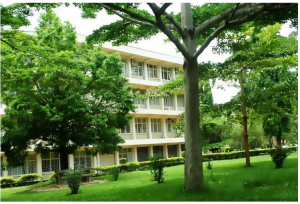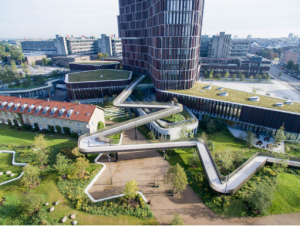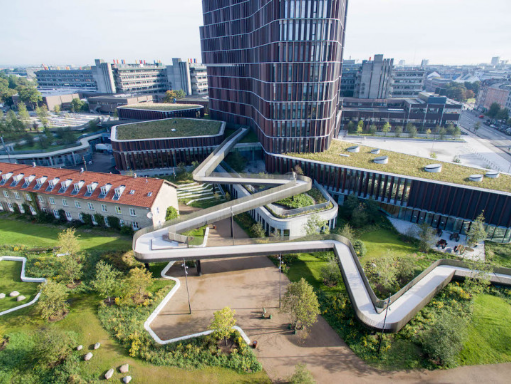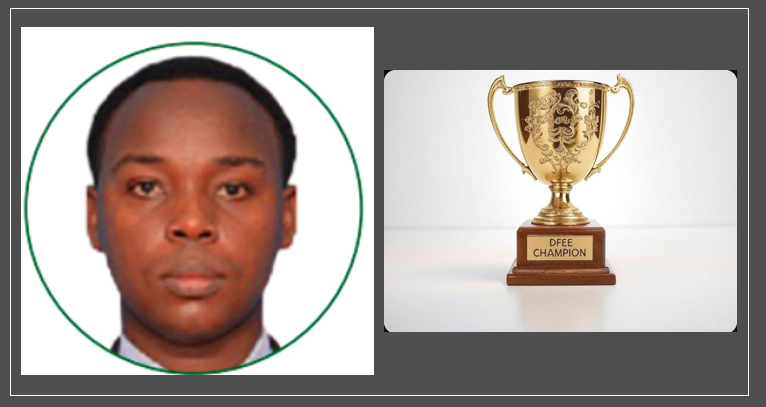

Sokoine University of Agriculture (SUA) has partnered with the University of Copenhagen to tackle the challenge of excessive salt in the soil, which has been a major hindrance to productivity in the forestry and agriculture sectors in Tanzania. As a leading institution in agricultural innovation and knowledge delivery, SUA is well positioned to take on this challenge.
To combat the excessive salt problem, SUA and the University of Copenhagen will be implementing a number of strategies. Firstly, they will conduct research to better understand the causes of the problem and develop appropriate solutions. This will involve studying the types of crops that are most affected by salt, as well as identifying the most effective methods of preventing or mitigating the effects of salt on soil quality.
The two universities will collaborate on the development and testing of new agricultural practices that can increase productivity in salt-affected areas. These may include the use of salt-tolerant crops, the use of organic fertilizers, or the application of special irrigation techniques to reduce salt levels in the soil.
SUA and the University of Copenhagen will work to build the capacity of local farmers and agricultural professionals to implement these new practices. This may involve providing training and education programs, as well as developing networks and partnerships with local communities.
The two institutions will engage with policy makers and other stakeholders to advocate for the adoption of policies and programs that support the development and implementation of sustainable agricultural practices in salt-affected areas.
SUA and the University of Copenhagen will continue to monitor and evaluate the impact of their interventions, to ensure that they are effective and sustainable in the long term. This may involve conducting regular surveys and assessments of soil quality, crop yields, and other key indicators of productivity.
In conclusion, the partnership between SUA and the University of Copenhagen represents a significant opportunity to address one of the major challenges facing the agriculture and forestry sectors in Tanzania. By combining their expertise and resources, the two institutions can develop innovative solutions and best practices that can increase productivity, build resilience, and improve livelihoods in salt-affected areas.




